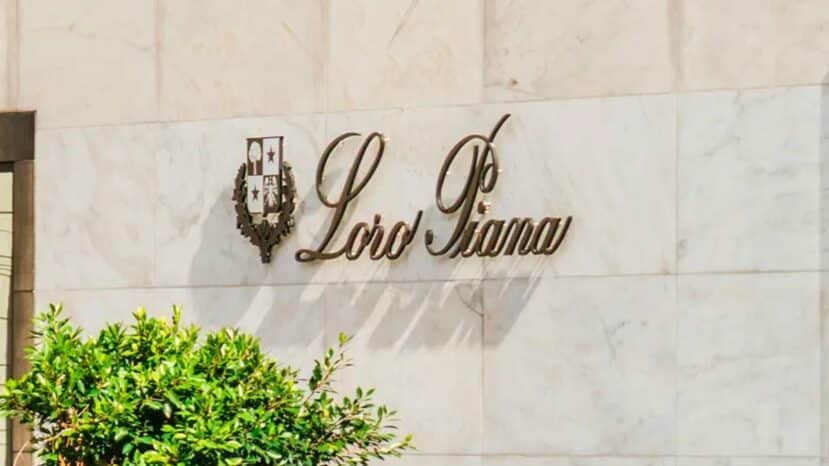Loro Piana in turmoil: luxury subcontracting called into question

Italian fashion house Loro Piana, owned by LVMH, is the subject of legal proceedings in Italy following damning revelations about the practices of one of its subcontractors.
The luxury sector, often associated with excellence, is not immune to shady areas. Loro Piana, the world leader in cashmere knitwear, is now at the heart of a scandal involving undeclared work and social abuse. The Milan court has placed the company under a 12-month injunction, following the discovery of an illegal workshop employing illegal workers.
Outrageous working conditions outsourced
It all started with a complaint of violence and unpaid wages against a subcontractor based in the north of Milan. Investigation by the Italian police revealed a sweatshop where employees worked up to 90 hours a week, for 4 euros an hour, and lived in illegal dormitories set up in the factory itself.
This workshop, hidden behind two shell companies, manufactured luxury cashmere garments for Loro Piana. The companies involved have been charged with exploitation of workers, while Loro Piana is accused of having “negligently facilitated” these practices.
In a statement sent to AFP, the company denies any direct involvement and claims to have severed ties with the supplier within 24 hours of being informed, on May 20, 2025. It also promises to reinforce its audits and internal controls.
LVMH in a delicate position
The brand, 80% owned by French group LVMH, is part of a prestigious portfolio where ethics is becoming an increasingly strategic issue. While Loro Piana claims to be stepping up its vigilance, this case highlights the limits of quality and human control in supply chains.
Paris, the headquarters of LVMH, is also concerned by this affair, at a time when the transparency of industrial practices is becoming central, particularly for customers who are increasingly sensitive to the conditions under which luxury products are manufactured.
A systemic phenomenon in Italian luxury
The Loro Piana case is no exception. Since 2023, the Italian authorities have stepped up their controls in the luxury goods industry. Several companies, including Armani, Valentino, Dior (also a subsidiary of LVMH) and Alviero Martini, have been placed under judicial administration for similar offences. These abuses call into question the real durability of the “Made in Italy” label, often used as a guarantee of quality.
Towards an overhaul of the model?
The challenge for the major brands is now clear: maintain high standards without outsourcing to unscrupulous service providers. The example of Loro Piana shows that opaque subcontracting can tarnish a brand’s image, even when it is based on noble materials and artisanal storytelling.
This is also a wake-up call for the other brands in the LVMH group, which are very active in Paris and the major luxury capitals, where traceability and social responsibility are becoming as important criteria as design.
Also read: Chanel overtakes Louis Vuitton: the new queen of French luxury in 2025




